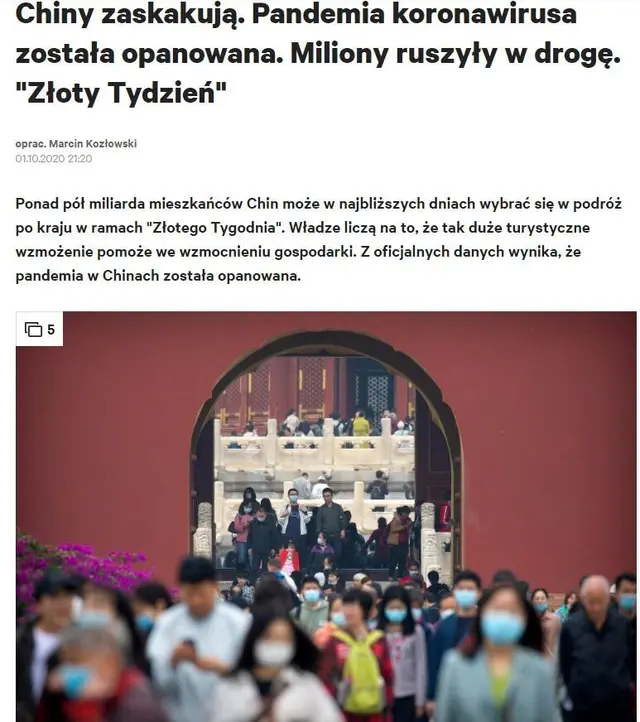Japanese airbag maker Takata Corp (7312.T) has filed for bankruptcy protection in the United States and Japan. Following is a summary of key issues facing the company and its financial sponsor, U.S.-based auto parts supplier Key Safety Systems:
Why is Takata filing for bankruptcy protection?
The company says it is facing between $10 billion and $50 billion in liabilities from almost a decade of recalls and lawsuits linked to its defective air bag inflators, which could explode with too much force, sending metal shrapnel into vehicle compartments. At least 17 people have been killed and 180 injured globally. So far, about 100 million inflators have been slated for recall, a process which will take until about 2020 to complete. Filing for Chapter 11 bankruptcy protection will protect Takata from creditors and clears the way for it to receive financial support from Key Safety Systems, a Chinese-owned company based in Michigan. Takata says it is seeking $1.6 billion in aid from KSS, which will allow Takata to continue to operate without interruptions.
What's going to happen to Takata?
Takata will essentially be divided into two companies. The first company will be controlled by KSS and consist of Takata's "healthy" assets and operations, including its seatbelt and steering wheel divisions. The second company, which will be transferred back to Takata's U.S. arm or another subsidiary, will be reorganized and continue to supply replacement inflators for the recall, operating independently from KSS. The new sponsor will not be liable for these inflators, which use ammonium nitrate, the volatile chemical compound at the root of the defective airbags. Meanwhile, Takata faces class action lawsuits from people claiming injuries as a result of exploding airbags, while it must also reach agreements with its automaker customers over how to divide up payment responsibilities for recall costs.
How does this affect the global recall process?
Fridman's L1 Retail to buy Holland & Barrett for $2.3 billion
Both Takata and KSS say that the U.S. and Japanese filings should have "no effect" on access to replacement inflators. Still, only about 35 percent of U.S. recalls, which account for about half of all affected vehicles globally, have been completed. This compares with a completion rate of about 73 percent in Japan.he reorganized, Takata-run company will continue to produce ammonium nitrate inflators until the current global recall for inflators without a drying agent is completed, which Takata estimates will happen around 2020. Their replacements contain a drying agent to absorb excess moisture created by high temperatures, an idea Takata has come up with as a solution for the exploding airbags. It has until the end of 2019 to prove to U.S. transport authorities that these airbags are safe. If it fails to do so, Takata may face yet another recall to withdraw all of its ammonium nitrate-based inflators from the global market.
What's next for Takata?
Takata shares will be delisted on July 27, although their value has dropped more than 90 percent since its last major stock price peak in January 2014. KSS says it hopes to complete the final agreement and transition in the first quarter of 2018, at which point Takata executives, including CEO Shigehisa Takada, the grandson of the company founder, will resign. According to Reuters sources, the new company would stop using the Takata brand, and have air bags, seatbelts and other components rebranded as KSS products.
(REUTERS)
 简体中文
简体中文

